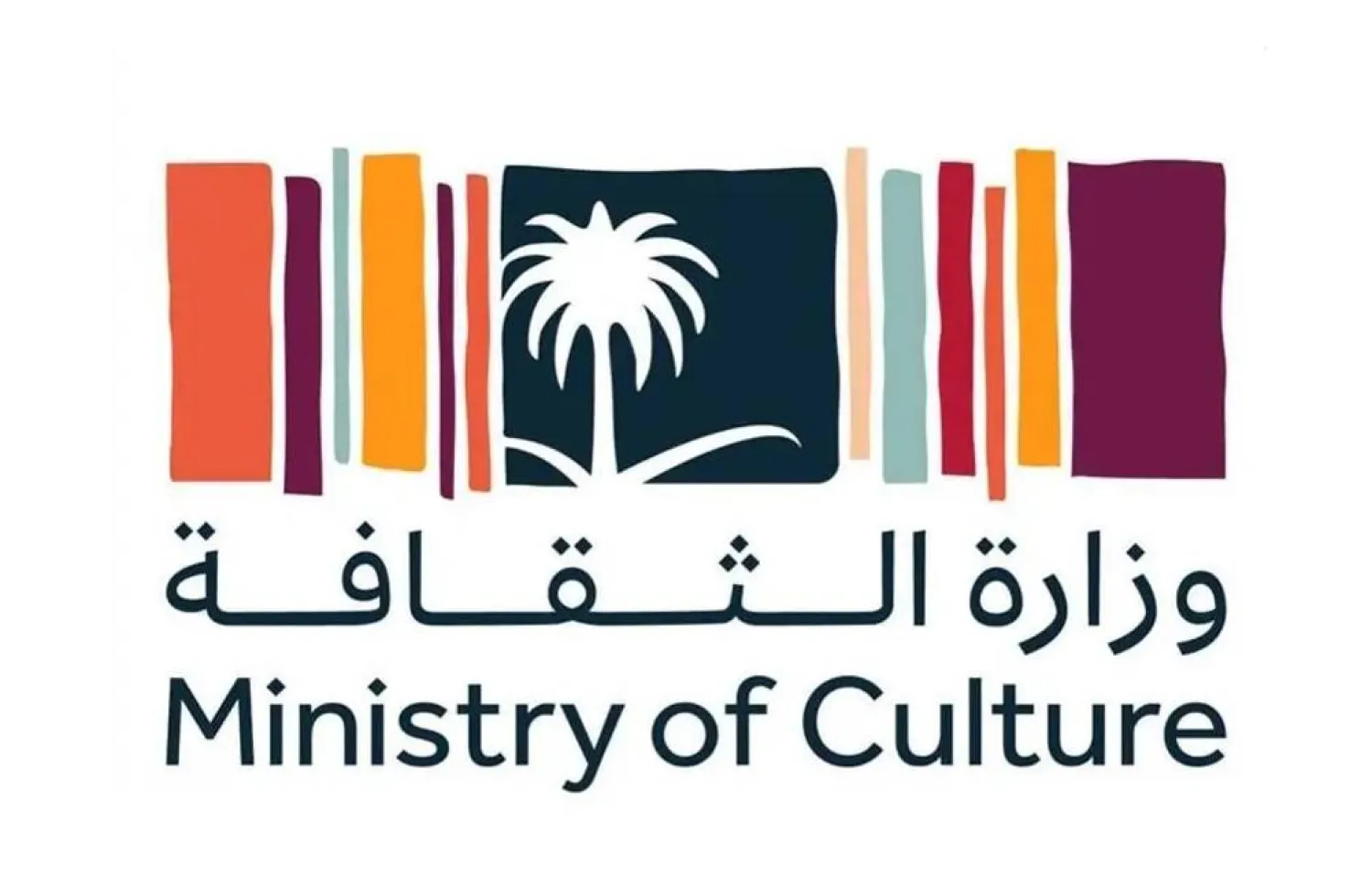The Saudi Ministry of Culture, in partnership with the Ministry of Environment, Water, and Agriculture, launched the Camel Studies Grant, which aims to shine a light on the vital role camels play in Saudi Arabia's cultural, social, and economic fields through scientific research.
The grant welcomes proposals exploring various aspects of camel significance, encompassing historical, cultural, social, economic, environmental, and health dimensions, reported the Saudi Press Agency on Monday.
The historical field encourages research that preserves the rich cultural heritage surrounding camels. This includes studies comparing the importance of camels across civilizations, historical and ethnographic analysis of camel-related traditions, and exploration of archival methods for safeguarding this heritage.
The cultural field focuses on the artistic and literary representation of camels. Researchers can delve into critical and literary studies on camels in Arabic and Saudi literature, including children's books. The field welcomes studies on camel-related vocabulary and their portrayal in various artistic mediums, from visual and cinematic arts to engravings and sculptures.
The social field investigates the place of camels in Arab and Islamic societies. Research can explore the local significance of camels, their social impact, traditions associated with ownership, and the influence of national camel events on communities, both locally and globally.
The economic field examines the economic contributions of camels and products derived from them. Researchers can analyze the use of camel wool and leather in fashion and furniture industries. The field encourages studies on sustaining the economic viability of camel products and measuring the financial impact of camel festivals and related institutions.
The environmental field focuses on the impact of camels on the environment. Research can explore sustainable land-use for camel grazing, analyze carbon dioxide emissions, and investigate the role of camels in maintaining ecological balance in arid lands.
The health field delves into the potential health benefits of camel products. Researchers can investigate the medical and therapeutic applications of these products. The field welcomes studies on developing technologies for measuring camel meat quality and projects focusing on camel breed preservation and genetic mapping.
The launch of the Camel Studies Grant coincides with the UN declaration of 2024 as the International Year of Camelids. It also celebrates the Kingdom's designation of 2024 as the Year of the Camel.









